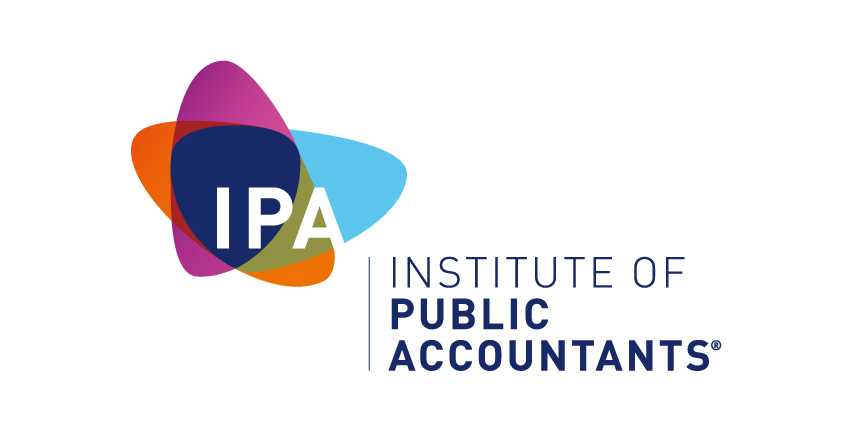RISKS NOT MITIGATED WITHOUT AUDIT RIGOUR
The Government’s proposal to change the annual audit requirement to a three-yearly cycle for SMSFs shows a lack of understanding and respect of the important work carried out by SMSF auditors, says the Institute of Public Accountants (IPA).
“Key concerns raised throughout the consultation period seem to be falling on deaf ears,” said IPA chief executive officer, Andrew Conway.
“Instead, we read glib responses made in the Government’s discussion paper that concerns ‘will be mitigated by appropriate eligibility criteria and, if necessary, transitional arrangements’.
“Considering the concerns we have already raised along with other stakeholders, we find this statement to be unhelpful and in fact, downplays the important role that SMSF auditors perform in the regulatory oversight of trustees.
“While we appreciate that some concerns can be mitigated, for Treasury to be so categorical that they will be, may be an indication of a lack of understanding of SMSF procedures and the environment that SMSFs operate under.
“There are risks that cannot be mitigated by limiting access to a three-yearly audit cycle by using appropriate eligibility criteria. One example to illustrate this point relates to ensuring assets are held on trust for the superannuation fund.
“If the title is not in the name of the superfund, there is no safeguarding of assets held in trust to protect the assets from creditors or other claimants.
“Moving to a three-yearly audit cycle based on a good compliance track record does not show what happens behind the scenes at the desk of an auditor. Not all breaches by trustees end up being reported as contraventions, thanks to the good work of auditors.
“Many fund trustees receive a management letter from the auditor, outlining minor compliance issues, preventive advice and education advice. Without this sort of timely check and balance we fear a spike in contraventions which could have been avoided.
“A well-functioning SMSF sector is a by-product of good regulation. The SMSF auditor plays a vital role in providing the regulator with assurances that SMSF trustees are playing by the rules.
“The ATO cannot mitigate all risks by monitoring superannuation annual returns (SARs) as suggested in the discussion paper.
“Trustees should see an annual audit as a safeguard and a form of insurance against potential, significant penalties that can be imposed by the ATO for contraventions. The role of the auditor recognises the need to protect some trustees from themselves,” said Mr Conway.
